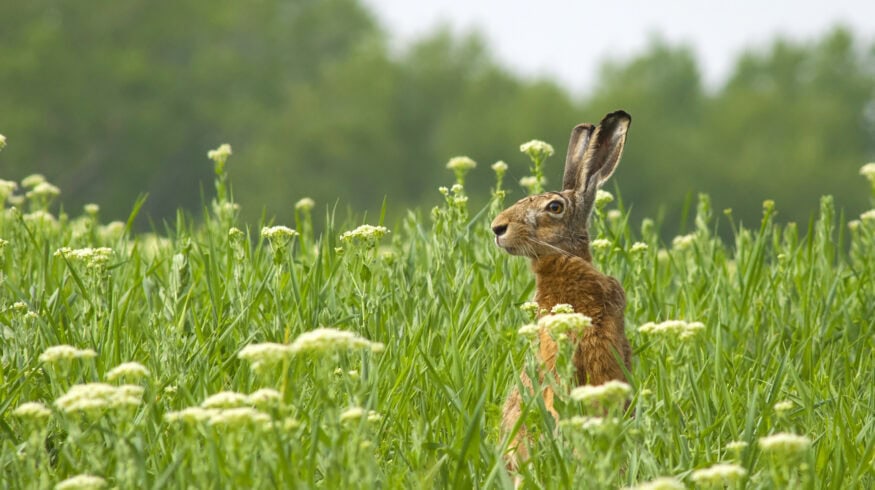England’s wildlife flourishes under nature-friendly farming initiatives

England’s commitment to nature-friendly farming is yielding tangible benefits for wildlife, including butterflies, bees, and bats, according to a new study by Natural England. The government’s research reveals that eco-friendly agricultural practices are playing a crucial role in enhancing biodiversity across the country.
The peer-reviewed study underscores the dual challenge of maintaining food production while mitigating climate change impacts. It suggests that a shift towards consuming less meat and implementing more sustainable land use practices is essential for reducing greenhouse gas emissions and preserving natural habitats.
Significantly, the study observed a 25% increase in breeding bird populations in areas engaged in environmentally conscious farming schemes. These areas often feature extended wild hedges and field margins planted with wildflowers, which provide vital habitats for various species.
The research also highlighted the positive outcomes of the Environment Land Management Scheme (ELMS), which replaced the EU’s Common Agricultural Policy subsidies post-Brexit. ELMS encourages farmers to allocate land for nature conservation, which has not only enhanced biodiversity but also supported farmers in adapting to new agricultural models.
An analysis of surveyed lands showed that areas with comprehensive eco-friendly schemes experienced a 53% increase in butterfly populations and saw more species of moths thrive. Moreover, larger land parcels under the scheme facilitated the mobility of species like moths and hoverflies, enhancing their numbers significantly.
Martin Lines, CEO of the Nature Friendly Farming Network, expressed optimism about the findings, noting that public funding for high-quality habitats is making a measurable difference in reversing the decline of nature.
The report also delves into the future of land use in the UK, balancing food production with ecological and climate objectives. It warns of the extensive pressures on land resources, which include demands for food, timber, fuel, and climate mitigation, all while striving to conserve biodiversity.
Despite the promising strides in wildlife conservation, the study presents a sobering view of the challenges ahead, particularly in achieving substantial reductions in greenhouse gas emissions without a significant decrease in food production. The ongoing debate about meat consumption and its environmental impact continues to resonate, with experts calling for a reduction to facilitate more sustainable land use.
As the government navigates these complex issues, the future of ELMS and its funding remains a critical concern for farmers, especially with the new Labour administration’s hesitancy to commit to the existing budget, raising questions about the continuity and effectiveness of these environmental initiatives.
Enjoyed this story?
Every Monday, our subscribers get their hands on a digest of the most trending agriculture news. You can join them too!












Discussion0 comments